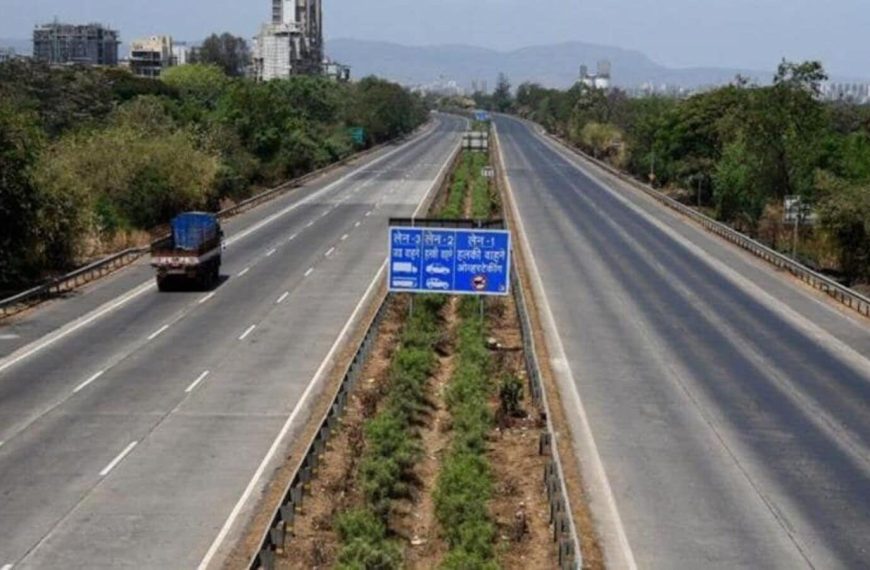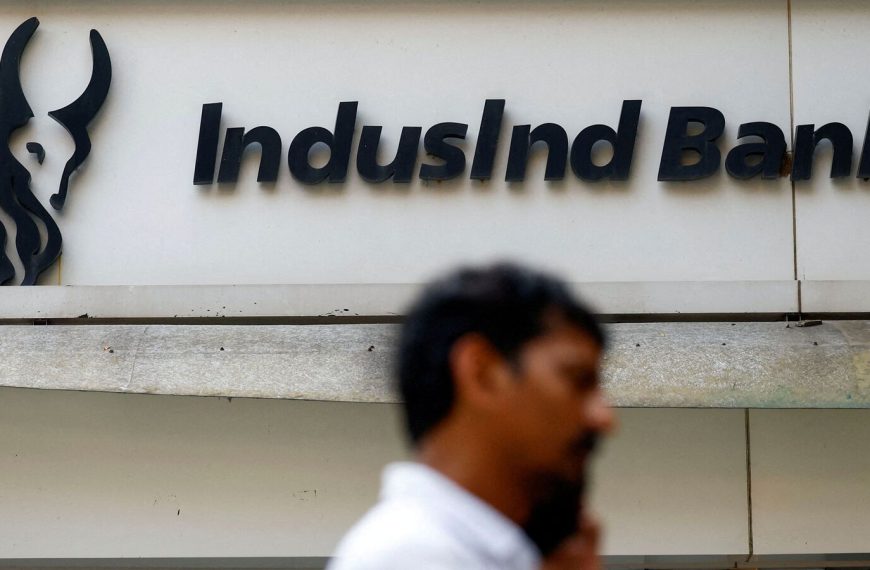Amid rising geopolitical tensions, the Indian stock market faced significant declines on Thursday, particularly impacting small and midcap stocks. The plunge followed India’s Operation Sindoor, which was launched in response to a tragic terror attack in Pahalgam, located in the union territory of Jammu & Kashmir. Investors reacted cautiously as the situation escalated, leading to a turbulent trading session.
Market Overview: Declines in Small and Midcap Stocks
The BSE Midcap index experienced a sharp drop, losing 815.68 points, or 1.9%, and closing at 42,154.47. Meanwhile, the BSE Smallcap index fell by 500 points, representing a 1.05% decrease, finishing at 46,882.73. Notably, this downturn became pronounced during the final hours of trading, reflecting a growing risk aversion among investors.
- Key Market Movements:
- BSE Midcap Index: -815.68 points (1.9%)
- BSE Smallcap Index: -500 points (1.05%)
As small and midcap stocks are generally seen as riskier investments, they suffered more significant losses compared to the broader market indices. Sunil Jain, Vice President and Head of Derivatives at Elara Capital, noted that there is a noticeable shift among investors toward safer, benchmark indices.
Factors Contributing to the Market Decline
Several key developments contributed to the stock market’s downturn:
-
Defence Ministry’s Announcement
In a critical meeting, the Defence Ministry confirmed that India had neutralized the Air Defence system in Lahore and targeted several other strategic locations. - US Consulate Advisory
The US Consulate General in Lahore issued a shelter-in-place directive for its personnel due to reports of drone explosions and potential airspace violations. They advised US citizens in the area of active conflict to evacuate if possible, or to remain sheltered safely.
Expert Insights on Market Reactions
Vinod Nair, Head of Research at Geojit Investments, commented on the day’s trading activities, stating, "The Indian equity market faced profit booking towards the end of the day, driven by heightened tensions between India and Pakistan, which resulted in increased cross-border exchanges. Additionally, the recent FOMC policy meeting provided little comfort to investors, as concerns over aggressive U.S. tariffs potentially fueling inflation and raising unemployment were raised."
In summary, the combination of geopolitical tensions and economic uncertainties led to a turbulent trading environment for small and midcap stocks in India. As investors navigate these challenges, the focus remains on market stability and potential recovery in the coming days.











